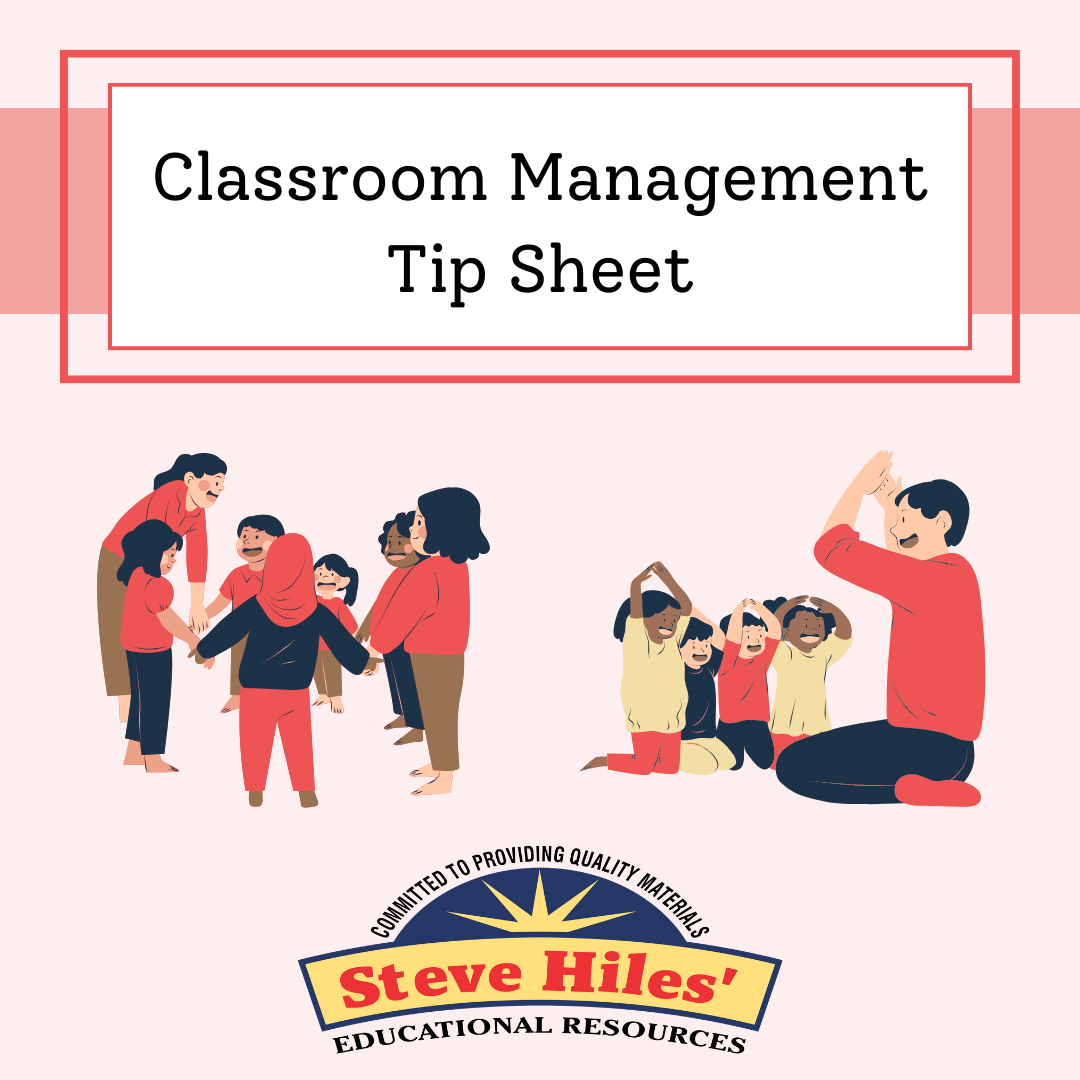On the first day of school, you meet and greet your students. You go over your expectations. Fresh from their summer vacation, your new students seem eager and interested. They follow your instructions readily. You practice how you want them to enter the class, where and how to sit at their desks, how to handle their books and papers. They “get it” and you are feeling pretty good about this class!
The bell marking the end of class is about to ring. The class has practiced how to exit the room earlier. Then you make a giant mistake. Can you figure out what this teacher does wrong?
“The end of the day nears. You review the evening’s homework assignment and model how you want your students to gather backpacks, push in chairs, and line up quietly for dismissal. They nod their heads, all smiles. I love my new class!
A minute or so before the bell rings, you give your students the signal to begin the end-of-day procedure. In their exuberance, several students rush the door to line up. A few happily approach you like puppy dogs, wanting to share a story or two. And a few more linger a moment at their desks, chatting with their tablemates.
You remind the runners to walk, tell the lingerers to get a move on, and banter a moment with the students who approached you. And as the bell rings you shoo them all out the door with a wave. What an awesome day. What a great class!
The door closes and you fall into your chair with a happy sigh, never realizing that you just made a colossal mistake, one that will cause your students to begin ignoring your directions, breaking your rules, and engaging in misbehavior.” 6
What was the mistake? This teacher failed to insist that the students follow the correct end-of-the-day procedure.
“But because they weren’t technically “misbehaving,” she let it go. And this is where so many teachers who struggle with classroom management go wrong.”7
It may seem like such a small thing but it calls your integrity as a teacher and a person into question. If you have given a specific procedure for students to follow, you need to back it up, especially in the first days. If you “let things go” on small things early on, then students will expect that you will be “soft” on more serious misbehaviors later on. This can lead to painful conflicts and resistance in the coming months.
You might protest that on Day One, especially, you do not want to seem to be “a bad guy!” Overly authoritarian teachers can seem too stern and scary for the students to want to return to the classroom the next day. Ideally, they would look forward to coming to class!
Here is one possible way that this situation could have been handled without unnecessary anger or scolding.
“As soon as the teacher notices that her students are not doing what was asked, she stops talking and stands in one place. She ignores the students approaching. She ignores the running. She ignores the students taking their sweet time to line-up. She just waits.
One by one, as the students begin to notice, they get quiet. They shuffle their feet. It dawns on them that they didn’t do what was asked. The teacher then calls for attention. She waits until every student is looking at her. Then she tells them to go back to their seats.
After quickly reviewing her expectations (30 seconds), and without lecturing or raising her voice, she gives her signal for the class to do it again. This time they do it right. She pauses for effect, thanks them for the good day, and sends them on their way.”8
Part of the lesson here is to establish routines and continue to insist on them. Be clear and consistent. This will help establish limits but more importantly, you will build trust. Students will trust that you will mean what you say.
Never go back on your word.







